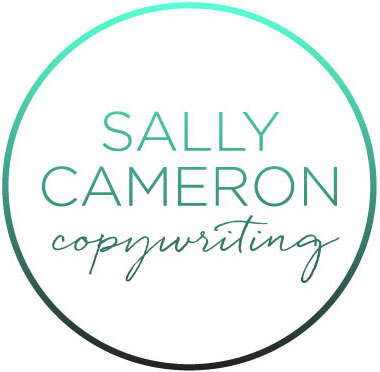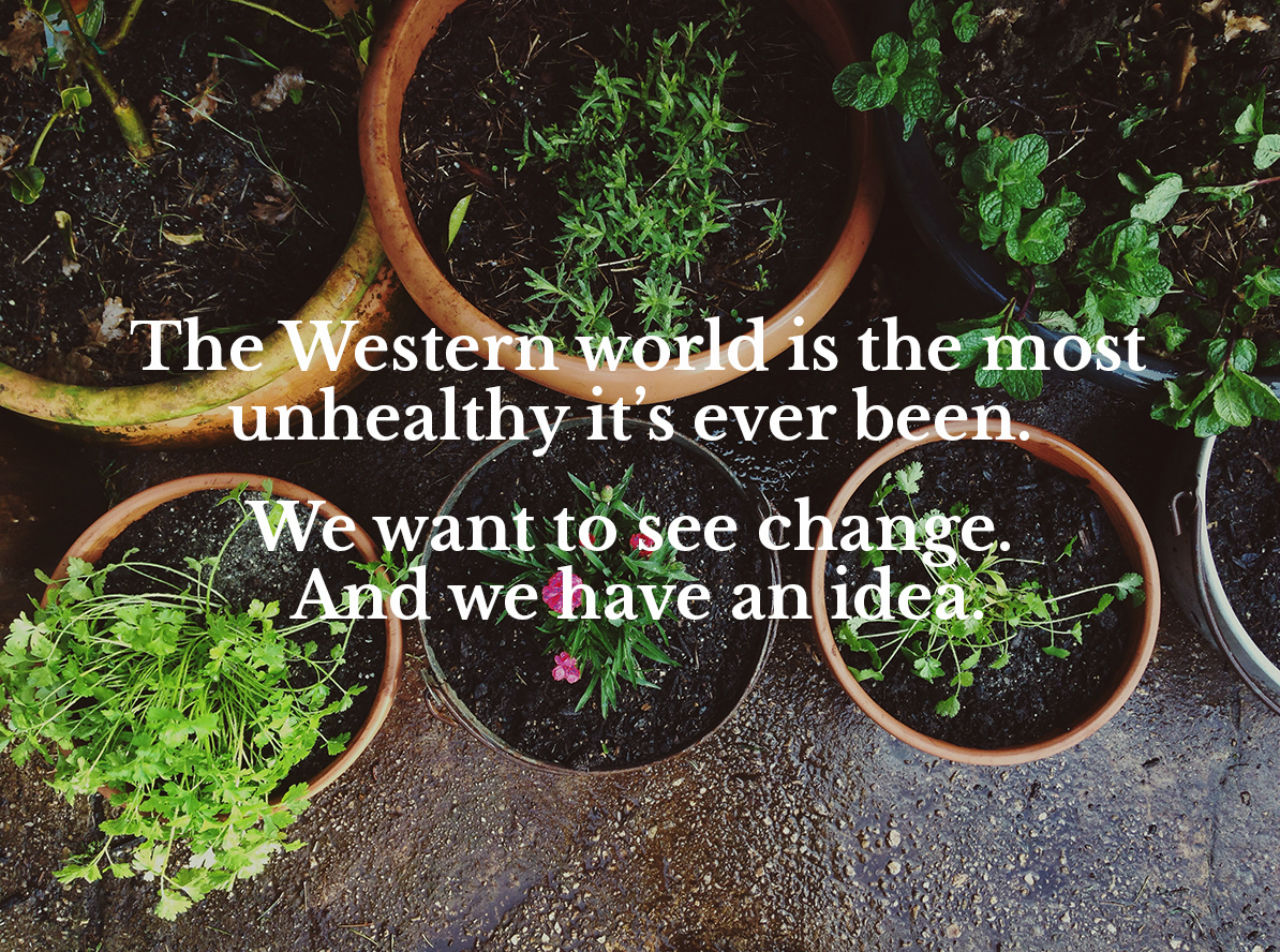I grew up in the inner eastern suburbs of Melbourne. We lived in a lovely, leafy area, but life was decidedly suburban – full of traffic, bustling people and busyness. Every second weekend though (we alternated between Mum and Dad’s) and every school holidays, we’d make our escape down the South Gippy Highway to Nana and Pa’s country property in beautiful South Gippsland.
The farm was another world. Animals. Soaring gum trees. Huge, round hay bales. Sticks and mud and dried cow pats (perfect for throwing at your unsuspecting little sister). That heady South Gippsland air – a mix of clover and rain and rich brown dirt. And, above it all, that endless open sky. Even as a little kid, I was enthralled. We ate fresh veggies from Nana’s patch and lamb from the next door neighbour. We rode in Mr Greig’s tractor and sang along to Slim Dusty. We disappeared into the bush across the road for hours, dodging snakes and wading through creeks, coming home dirty, brave and buzzing from our latest adventure. It was one huge rural Australian cliché, and it was perfect.
I feel so blessed to have had this exposure to rural Australia growing up. Undoubtedly, it is woven into the fabric of who I am and has influenced many of my beliefs, values and aspirations. It makes me sad that so many suburban kids miss out on this experience and connection to the land. During my university years, I worked in after-school care and was amazed to see the number of kids who existed solely within the confines of their suburban world, venturing only to go down to the coast on school holidays or perhaps overseas to Bali or Disneyland. To them, rural Australia was like a myth. Even worse, it often wasn’t on their radar at all. You can only imagine that this disconnection continues into adulthood – after all, the majority of Australians choose to holiday overseas rather than exploring the far-reaching and remote corners of our own amazing country.
Is it this disconnection from the land that is resulting in so many of the problems we face today in the Western World? I can’t help but think so. Obesity, heart disease, diabetes, depression, anxiety – collectively, we’re a fair old mess. We’ve forgotten about where real food comes from, the hard manual labour that it takes to produce it and the deep satisfaction that comes from doing so.
There seems to be some welcome change in the air, with the rise of the booming health and wellness industry. But, too often, this new age lifestyle borders on extreme, unrealistic and unsustainable. Whilst maca and chia and spirulina are undoubtedly nice-to-haves for those who can afford them, ultimately, we just need to move our bodies and eat real food. It’s really that simple.
Rohan Anderson and Kate Berry want to see change. And they have an idea. Rohan’s story is, sadly, all too common. After an early adulthood of processed food and sedentary office work, he found himself fat, sick, depressed and heading towards an early grave. Rather than taking the blood pressure medication prescribed by his doctor, he completely changed his lifestyle. Drawing inspiration from his childhood on a Gippsland farm, he started growing his own food, searching for tucker in the bush, hunting, fishing and cooking with what he had (not what he could nick down to the supermarket and buy – regardless of whether or not it was actually in season). Essentially, this is based on the age-old approach of peasant living. Not only has this change made him healthier, he’s reduced his impact on the environment. And, being a ‘food doer’ means he has a purpose in his daily life; he’s rewarded with an immediate sense of achievement. He blogs regularly about his new life at Whole Larder Love and has written a book of the same name. He’s also told his story on big stages across the globe. Rohan’s partner Kate Berry is equally inspiring. She’s a photographer, designer, blogger and visionary with the same ideals. Her passion project is Lunch Lady, where she blogs about growing and making real food for their four young girls.
So, what’s Rohan and Kate’s big idea? Together, they’ve launched The Nursery Project.
The Nursery will be a hobby farm where they can share information and experiences around real food and good living. A place where they can demonstrate all the skills for growing, raising, curing, preserving, hunting, foraging and cooking real food. Based in the Central Highlands of Victoria, it will have a mess hall for cooking, eating and workshops; a vegetable garden; a fruit orchard; and paddocks for livestock. It will be a community-centred haven – a place for people to come and get their hands dirty, to breathe in some fresh air and learn about where food really comes from. Experts will be invited to share their ideas and technical expertise with the public. And it will all be operated on a ‘pay what you think is fair’ model, making it accessible to all.
Sounds amazing, right? There’s one hurdle, and that’s the $100,000 that Rohan and Kate need to raise to make their dream happen. A recent crowdfunding campaign generated a small portion of this, but there’s a long way to go. If you’d like to contribute or spread awareness, go to The Nursery Project website here.
I think this is an incredible project, headed up by a truly inspiring duo. So, how about it? Isn’t it time for change? I know I’m in.




